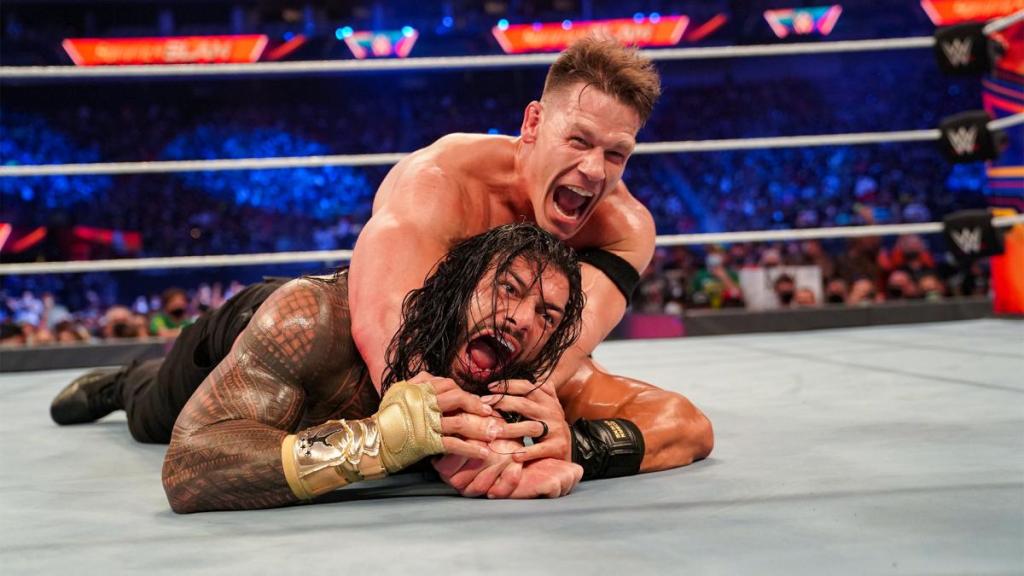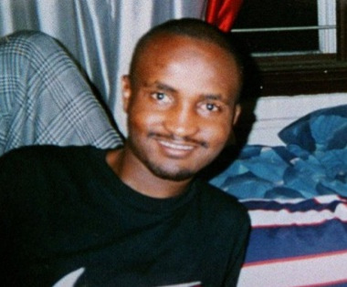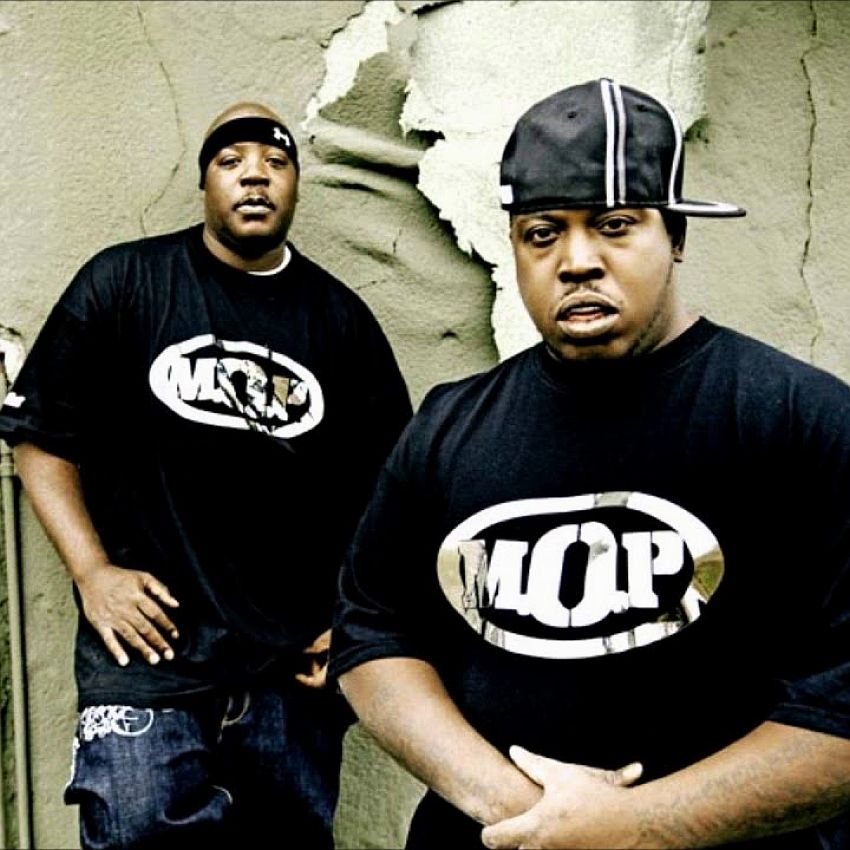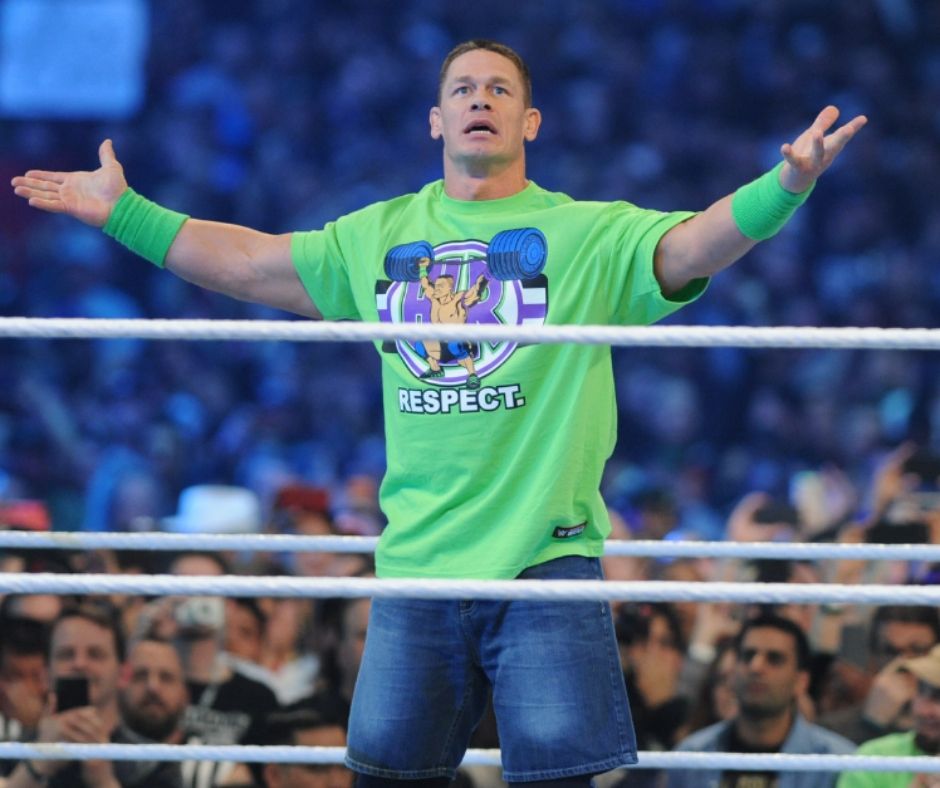In retrospect, 2021 was mostly a long chain of disappointments and promises unfulfilled. But on one balmy Florida evening in January, like an Abrahamic deity splintering sunlight through water particles moments after washing away everything you knew and loved in a fit of rage, it did bestow on us a Royal Rumble that was simple, enjoyable and true to form.
We got a live crowd, some truly wonderful surprise entrances, storylines and eliminations. And, though it didn’t do them much good in the long run, the right people won the women’s and men’s editions of the Royal Rumble match.
I don’t know what 2022 holds for all of us, but it seems almost certain that an enjoyable Royal Rumble isn’t in the cards.
WWE has been wriggling its way from televised carnival attraction to capital “B” Brand for almost 4 decades now. And, like the dog who caught the car, it seems like this will finally be the year that Vince McMahon gets his wish in that regard. But this has come at the cost of most of WWE’s performing talent, either through their massive staff cuts intended to keep profits up or from wrestlers finally reaching their limit with the colorless, inoffensive and unchanging TV product that WWE management churns out week after week and signing with competitors.
But while this dearth of capable performers is frustrating in a lot of ways, it also means that the WWE might have to reach deep into their bag of tricks to fill out what is traditionally a 30-person match. And that means the Royal Rumble might include some fun and exciting surprise guests like Ronda Rousey, The Rock if we’re incredibly lucky, or–my bold prediction–John Cena.
It’s strange, but I’ve found that while I am increasingly charmed and captivated by John Cena the actor and celebrity, I am less and less excited to see him as an in-ring performer in the WWE. With every passing year, Cena’s wrestling persona feels a great deal more like a tired brand mascot than a vibrant and unique character capable of surprising and exciting any audience over nine years old. It’s a sad lot for a character who, about 16 years ago or so, was once quite fun, fresh and interesting.

But despite the tragic loss of nearly all of Cena’s fictional dimensionality there’s one element of the character that has managed to evade the corporate zamboni for almost two decades, and after all that time it is something that still brings me great joy and comfort. That element is John Cena’s entrance theme song, specifically the first twenty seconds of it.
One of the most memetic and recognizable elements of Cena’s entrance theme is the inscrutable verbal utterance at the beginning that sounds almost onamatopoetic when paired with a man in a colorful sports jersey bursting out of a tunnel into a cheering crowd. But it’s actually a sampling from M.O.P’s Ante Up, an early 2000’s hip hop anthem that probably sounds incredibly familiar for more than a few reasons. In M.O.P’s version it’s a little easier to tell that what sounded like a scream of illegible excitement is actually Brooklyn based rapper Lil Fame shouting the name “Amadou.”

In the winter of 1999, John Cena’s first year as an active professional wrestler, New York police stopped 23 year-old Amadou Diallo in a reported case of mistaken identity and fired 41 shots, hitting him 19 times, as he reached for his wallet. Authorities never found a weapon on his person or in his apartment, which he was standing just outside of when he died. M.O.P released Ante Up just over a year later, in the fall of 2000.
With that context, it’s easy to see that the exhaltation at the start of Ante Up isn’t one of joy or excitement, it’s a strangled cry of frustration and regret that precedes a song largely about using any available means to injure a polite society that has remorselessly left so many behind. Of course it’s very unlikely that WWE, a traditionally conservative brand, knows any of this. Ante Up was a very popular song at the time and adding a slice of it to a hip hop inspired character’s persona probably just seemed like an intelligent business decision. It’s also not entirely surprising that M.O.P were quite upset with their track being sampled and even unsuccessfully sued the WWE to have it removed.

I fully understand M.O.P’s frustration at having their work used against its intended purpose and without a great deal of credit to its authors. But I think there is some value in the way things turned out, at least in a symbolic sense.
One of the reasons among many that the deaths of young people, especially violent deaths, are so agonizing and unthinkable is that we lose everything they could have been. Someone who may have found their way to cultural impact and prominence, contributed to our society in myriad large and small ways, or even simply allowed the number of people that loved them to grow slowly but steadily over a number of decades is instead lost forever.
For example: 24 year-old John Cena made his in ring debut for the WWE in 2002, seemingly destined to become one of the company’s biggest and most lucrative personalities. By contrast, 24 is an age Amadou Diallo never lived to see.
Still, when Cena headlined Wrestlemania and started the first of his many WWE title reigns in the spring of 2005, thousands of fans heard Amadou’s name as Cena walked to the ring. When the WWE made their early forays into previously unconquered markets like China and the UAE with Cena leading the way, millions of international fans heard “Amadou!” for the first time. If Cena does make his way to the ring for the Royal Rumble, we’ll hear Amadou’s name again nearly 22 full years after his untimely death.
I find this all especially delightful because Cena is not only the company’s biggest star, but the one they have put the most effort into sterilizing in the name of broad appeal. Since his meteoric rise as a performer, the WWE has gone to great lengths to ensure that the trappings of hip hop culture that John Cena used to generate so much momentum in his early career could either be removed or distilled down to the least offensive and most palatable forms possible.
The thick chains Cena wore about his neck and often hit opponents with were replaced with soft, replicable ring gear that could be easily tossed to young fans. The 8-mile reminiscent insult raps Cena was famous for became long speeches about perseverance and generic values. WWE even nixed the name of his signature wrestling move, the FU, settling instead on the Attitude Adjustment. But through all of this, Amadou remained.
Like a careless adventurer picking up a cursed gold piece in a treasure chest, the WWE have found themselves eternally tethered to M.O.P’s music, and by extension their ideals, because of a snap decision to sample their track for financial gain.
That little sound byte at the start of his entrance is iconic. WWE would face a sizeable backlash if they were ever to remove it, a backlash that would surely triple in proportion if they were pressed to explain precisely why they were trying to remove it. And so, in this small way, Amadou will live on.
This lasting impression on a company desperately trying to sanitize its past for investors is an enduring example of a phenomenon that I find very comforting: As long as corporations have an existential need to present themselves as appealing and convincing to human beings ( though who knows how long that will last) they will to some degree have to rely on art.
And art, no matter how hard and how often you try to commodify it or mass produce it or declaw it or hide it in the blockchain, will always be marred with the indelible stink of consciousness.

